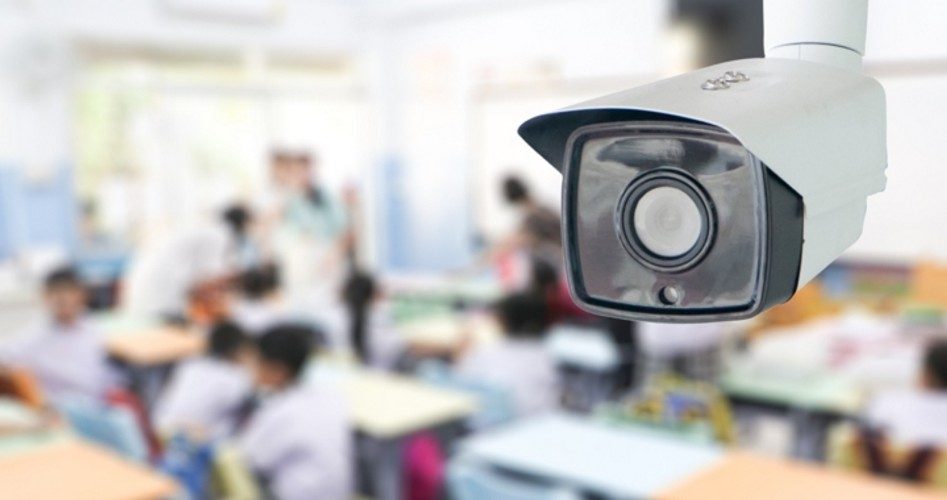
From FreedomProject Media:
After taking God out of education, government officials now act surprised that students are killing each other and themselves. And so, under the guise of stopping mass shootings and “self-harm,” government schools across America are developing increasingly sophisticated and intrusive espionage schemes to spy on students. The monitoring of children has become so extreme that one critic said schools were becoming “mini-NSAs.”
Writing at the Ron Paul Institute for Peace and Prosperity, analyst Adam Dick noted that public schools, “with the assistance of private companies, are extensively tracking the activities of all students, including students’ social media posts, emails, and use of programs such as Google Docs and Microsoft Office.” He compared it to the surveillance pursued by the U.S. government’s National Security Agency (NSA).
And incredibly, it is not even a secret anymore. In Miami, Florida, for example, government education officials boasted to the tax-funded NPR about a new web of almost 20,000 surveillance cameras installed in county schools. The footage from the ubiquitous devices is fed into a giant police room where authorities watch in “real-time.”
The state of Florida, meanwhile, has created a massive new database to “centralize information about potential threats.” Subbed the “Florida Schools Safety Portal,” the scheme includes information on students’ mental health, discipline, and even social media content posted by the children online. And officials have released an “app” where Florida citizens are supposed to report on each other.
According to NPR, similar schemes are being rolled out across America. These include mass scanning of students’ emails and social media accounts by companies such as “Social Sentinel” and “Gaggle” in schools across all 50 states. Despite constitutional privacy protections, no warrants are obtained prior to scanning and searching through children’s private data.
To read the rest of the article, click here.
Photo: SPmemory/iStock/Getty Images Plus

